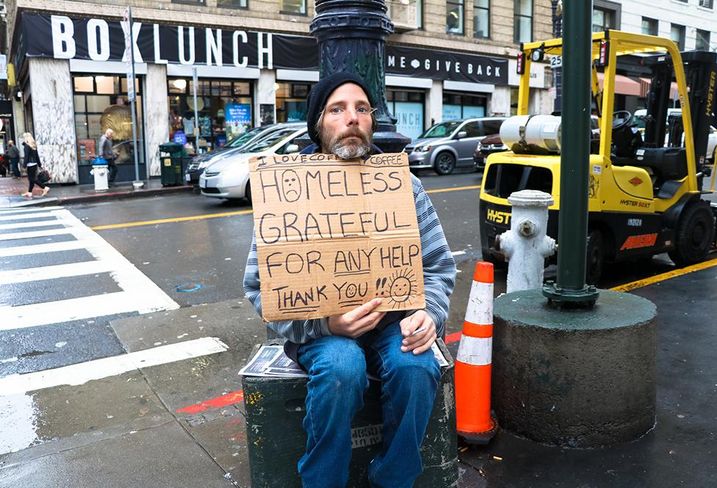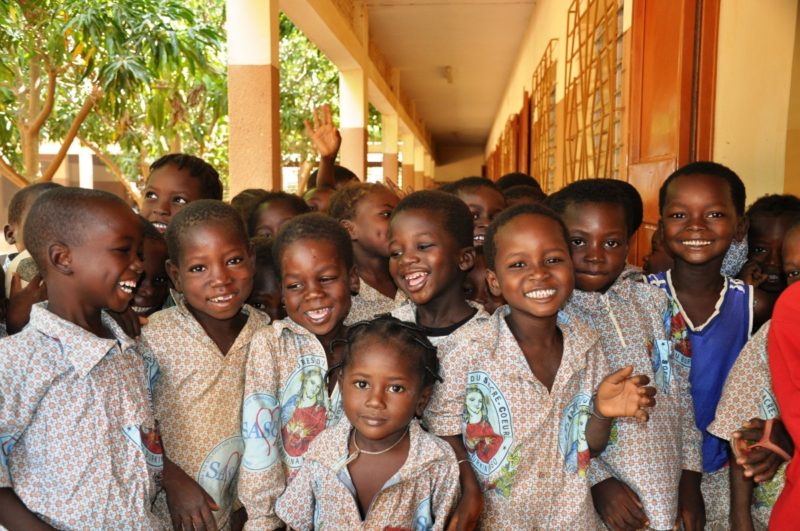Is money the primary capital investment in a community or nation’s development?
What capital is needed for nations and communities to develop? Who is responsible for communities and nations to be lifted out of poverty?
The most common answers to these questions in the modern world is the need is for money, lots of money and the need for government intervention.
New York City, San Francisco and Los Angeles have growing homeless populations. People are living, eating, defecating, shooting up and dying on the streets. What’s the solution? Most city, state and national leaders believe the answer is more money.
The Los Angeles Times writes:
Citing the need to act quickly to get homeless Californians off the streets, Gov. Gavin Newsom will ask lawmakers this week to allocate more than $1.4 billion to a variety of local and state-run efforts, with much of the money earmarked as subsidies for immediate housing and community healthcare services.
The proposal, included in the new state budget … marks another major push to send state taxpayer dollars to local communities struggling with a growing crisis that has drawn national attention and has few easy solutions.
Compassion demands that we respond. But we need to respond in a way that actually helps people get off the streets. Too often our help makes us feel good but makes little positive difference.
It seems that the more we spend on homelessness, the more homeless people there are. As we have written here, the 50-year war on poverty in the United States spent 21.5 trillion dollars and created 126 government agencies and programs to attack all forms of poverty, including homelessness. And poverty won the war.
Why did poverty win? Because the root of the problem is not material. All the money in the world will not solve the problem. Money is secondary or tertiary to solving the problem of homelessness or poverty. The root of poverty is culture and worldview.
Development requires several kinds of capital
A few weeks ago, I read a letter from a friend who has worked in international relief and development for 30 years. He recognizes that agencies need to do more than spend money. They need to “assist with the spiritual development (beliefs, values, behaviors)…” and this requires “spiritual” capital.
I responded by observing that “spiritual development” and “spiritual capital” are both good terms, and the development industry, long influenced by a materialistic paradigm, needs to use such language.
However, I have found, as I am sure he has, that Christians working in cultures steeped in atheism and naturalism too often see the spiritual as an antidote to the life-starved materialistic paradigm, as if the spiritual framework is the missing balance to a materialistic cure for poverty. My concern is that we don’t reduce the term “spiritual” to merely “religious” as opposed to the expansive frame of all non-material concepts.
Development requires a variety of different types of capital: physical, social, institutional and spiritual, for example. But another kind of capital is also required: metaphysical capital, akin to moral capital. That is, one’s mindset, mental infrastructure, or worldview, so essential to growth. Michael Novak speaks of this moral ecology as a necessity for free markets. There is also a need for aesthetic capital – the appreciation for the beautiful. Too often we neglect to speak specifically in these terms, dumping them in the larger category of non-material versus spiritual.
Two stories of failure to understand
Twice in twelve months I witnessed the impact of the failure to understand this. Both times I was with young Christians from Latin America. In August 2018, at a conference on postmodernism, I used the term “moral universe.” After my lecture the conference convener told me these young professionals and university students had no concept of what I meant by “moral universe.” These were educated Christians with no understanding of a moral universe!
A year later I was with a group of young Christian artists, speaking on “The Call of the Balladeers.” I called them to use their art to speak consciously to culture. I spoke of objective beauty. When we broke into discussion groups they were silent. The moderator told me they had no idea of what I meant by objective beauty.
If well-educated Christian young people do not understand such basic concepts as moral universe and objective beauty, where are we as a global culture? What are our churches communicating?
Aesthetic, moral and metaphysical capital are absolutely critical for individuals, communities and nations to develop. We need to speak in these categories.
In fact, if individuals and communities are to develop, nonmaterial capital is more critical than material. As all who work among the poor have experienced, natural resources and external material capital, no matter how abundant, are no guarantee of development. Metaphysical, moral and aesthetic capital are the deep fount from which people and nations can flourish.
What is the root of a community or nation’s development? Truth, Beauty and Goodness. Who is responsible for this development? Not the government. Rather, it is individuals, families, civic organizations, and businesses. All these must own the task. They must discover and utilize the resources around them, including the most powerful resource, themselves and their neighbors, humans made in the image of God.
- Darrow Miller






